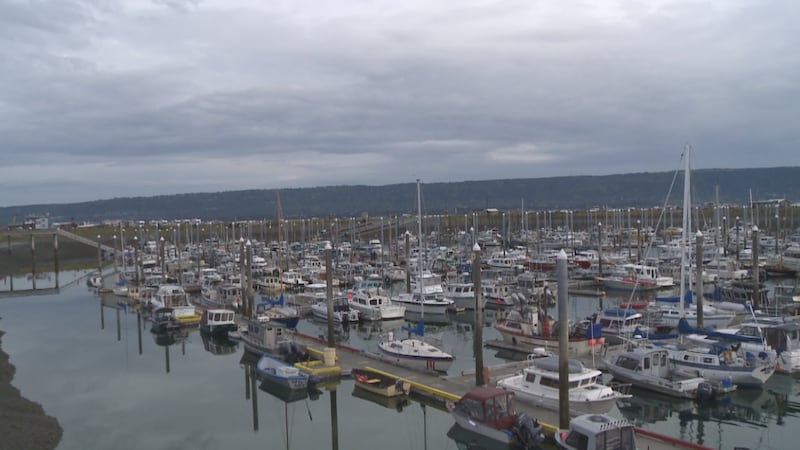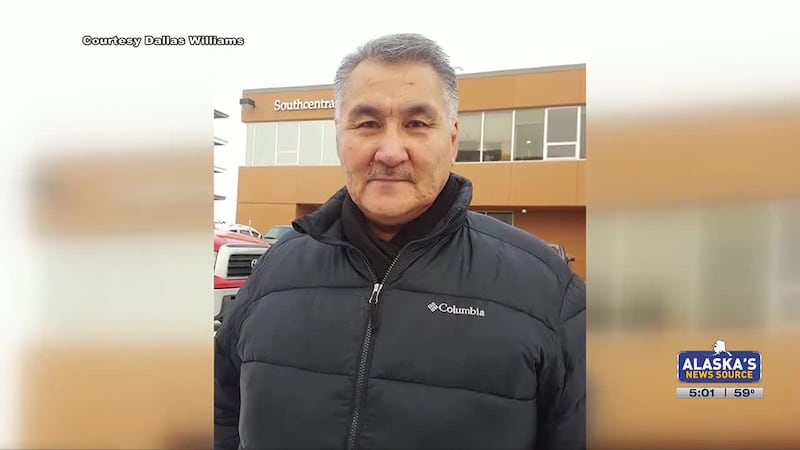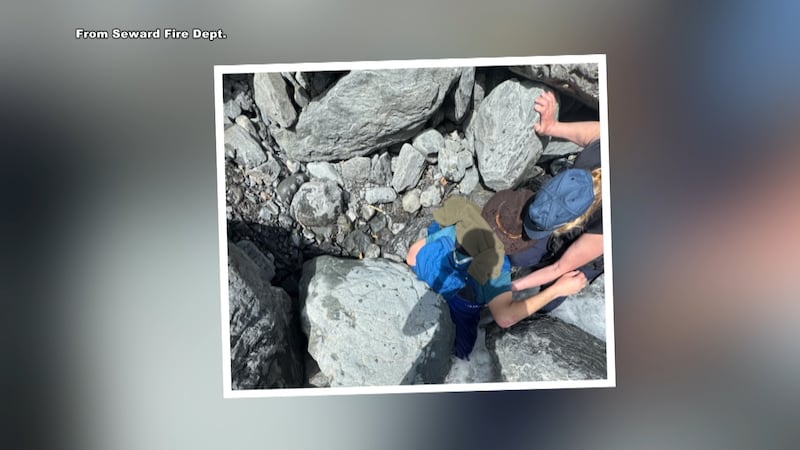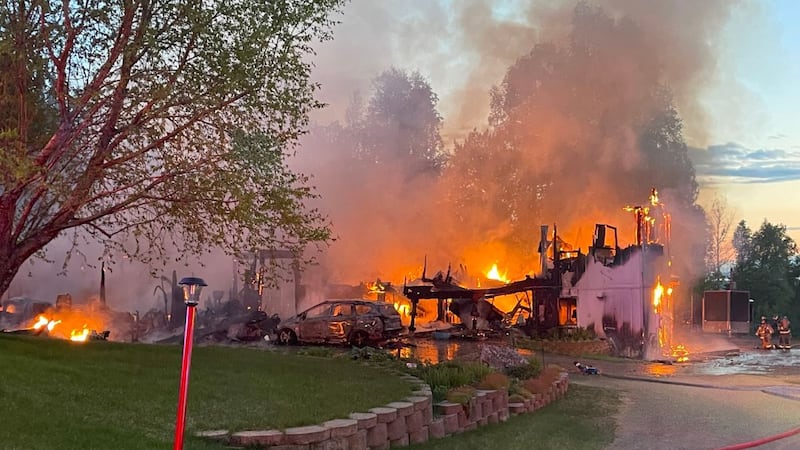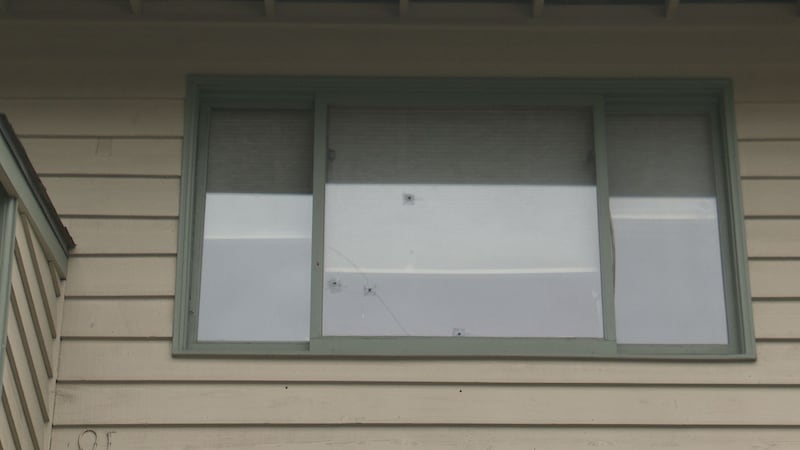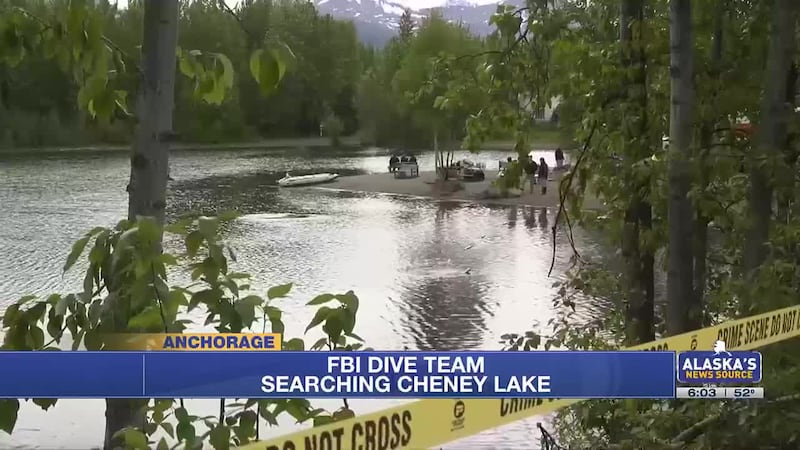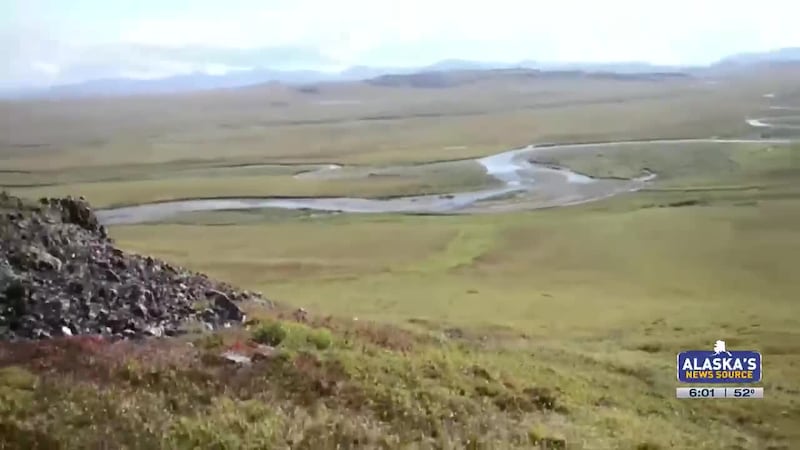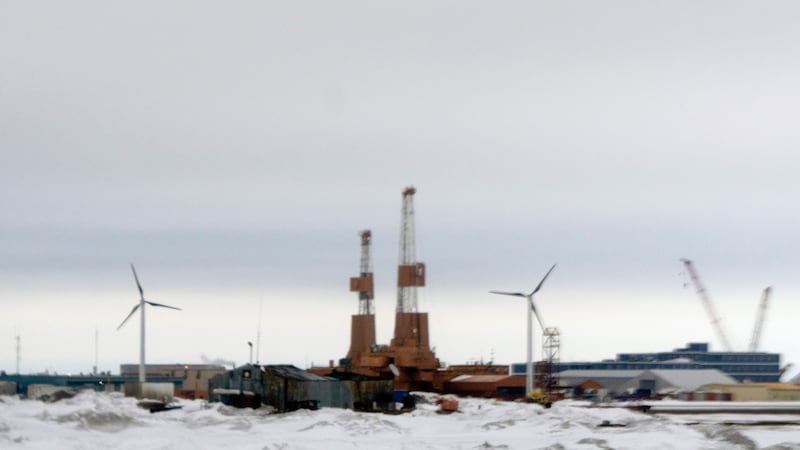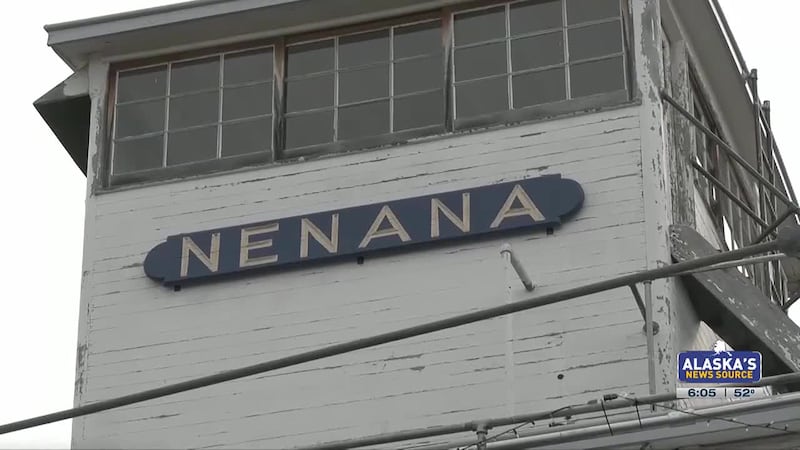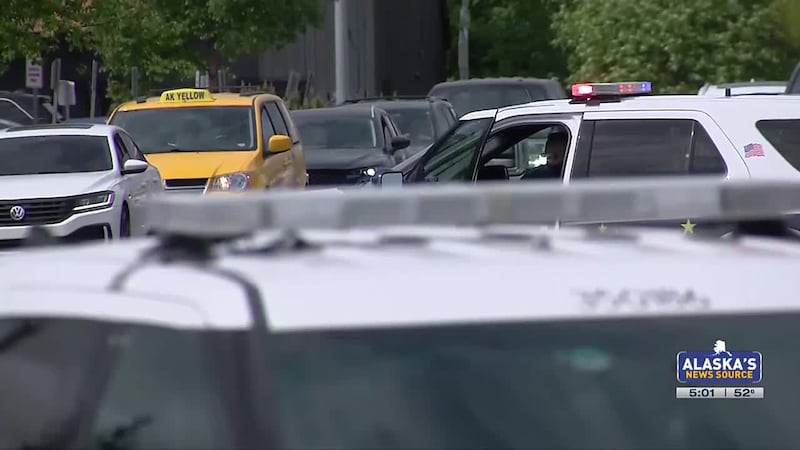Mayor’s office calls Anchorage’s inclusion on national immigration sanctuary list a ‘mistake’
LaFrance spokesperson says administration is working to clear city off list
ANCHORAGE, Alaska (KTUU) - The inclusion of Anchorage on a list of “sanctuary” jurisdictions — defined by the Trump administration as cities, counties, or states obstructing federal immigration enforcement — is a “mistake,” according to Anchorage’s mayor.
The list published on the Department of Homeland Security website shows every city, county, and state that the government has deemed as a sanctuary jurisdiction. Anchorage was the only place in Alaska on the list, as of Friday afternoon.
According to Executive Order 14287 — titled “Protecting American Communities From Criminal Aliens” — put out on April 28, the Trump administration accused any city, country, or state to be in violation of the order if they “violate, obstruct, and defy the enforcement of Federal immigration laws,” and said it would publish a list within 30 days of offending cities, counties, or states.
The executive order cited the presence of international cartels and terrorist organizations along the Mexican border as to why it is pressing its mass deportation agenda.
DHS said each one would receive formal notification that the government has deemed them noncompliant and if they’re believed to be in violation of any federal criminal statutes.
LaFrance’s press secretary, Emily Goodykoontz, responded to a request for comment by Alaska’s News Source by stating Anchorage is not a sanctuary city.
“As defined in Presidential Executive Order 14159, a ‘sanctuary city’ is a city that ‘seek[s] to interfere with the lawful exercise of Federal law enforcement operations,’” Goodykoontz wrote. “Anchorage complies with all applicable law, and has no policies, practices, or laws that run afoul of federal immigration law.”
The LaFrance administration also cited a 2015 resolution passed by the Anchorage Assembly confirming that the city would not be recognized as a sanctuary city.
“That resolution remains in effect,” Goodykoontz wrote. “Our city’s inclusion in the Department of Homeland Security’s sanctuary cities list was a mistake and we are working to clear it up.”
Margaret Stock, managing attorney at Cascadia Cross-Border Law Group, says the move is the first of its kind because there isn’t a legal definition of what a “sanctuary city” is.
“It’s just a generic term used in popular discourse for a city that allegedly doesn’t cooperate with the federal government on immigration policy, but there’s no legal definition of it anywhere,” Stock explained.
Another problem with the sudden listing is that the federal government didn’t give the City of Anchorage time to make adjustments to align with federal law.
“They didn’t give the city any warning,” Stock said. “Like, ‘Hey, you guys aren’t complying with different laws, and therefore, we’re going to declare you a sanctuary city, and we’re going to take away your law enforcement federal grant money.’ They didn’t give them any notice or opportunity to be heard before suddenly announcing publicly that it was a sanctuary city.”
Anchorage was one of more than 500 jurisdictions across the country put on the list, but Anchorage Mayor Suzanne LaFrance objected Friday to Alaska’s biggest city being included.
Stock says it appears that putting Anchorage on the list is a way to bar the city from receiving funds that Congress has allocated, but emphasized that it is unclear which funds will be withheld.
“It’s a very uncomfortable situation for a city to suddenly be defamed and said that they are a sanctuary city because it could mean major job losses in the city due to a lack of federal funding for law enforcement and grant money for maybe education and so forth,” Stock explained.
In April, a federal judge in California barred the Trump administration from denying or conditioning the use of federal funds to “sanctuary” jurisdictions, saying that portions of President Donald Trump’s executive orders were unconstitutional.
Editor’s note: The Associated Press contributed to this story.
See a spelling or grammar error? Report it to web@ktuu.com
Copyright 2025 KTUU. All rights reserved.
